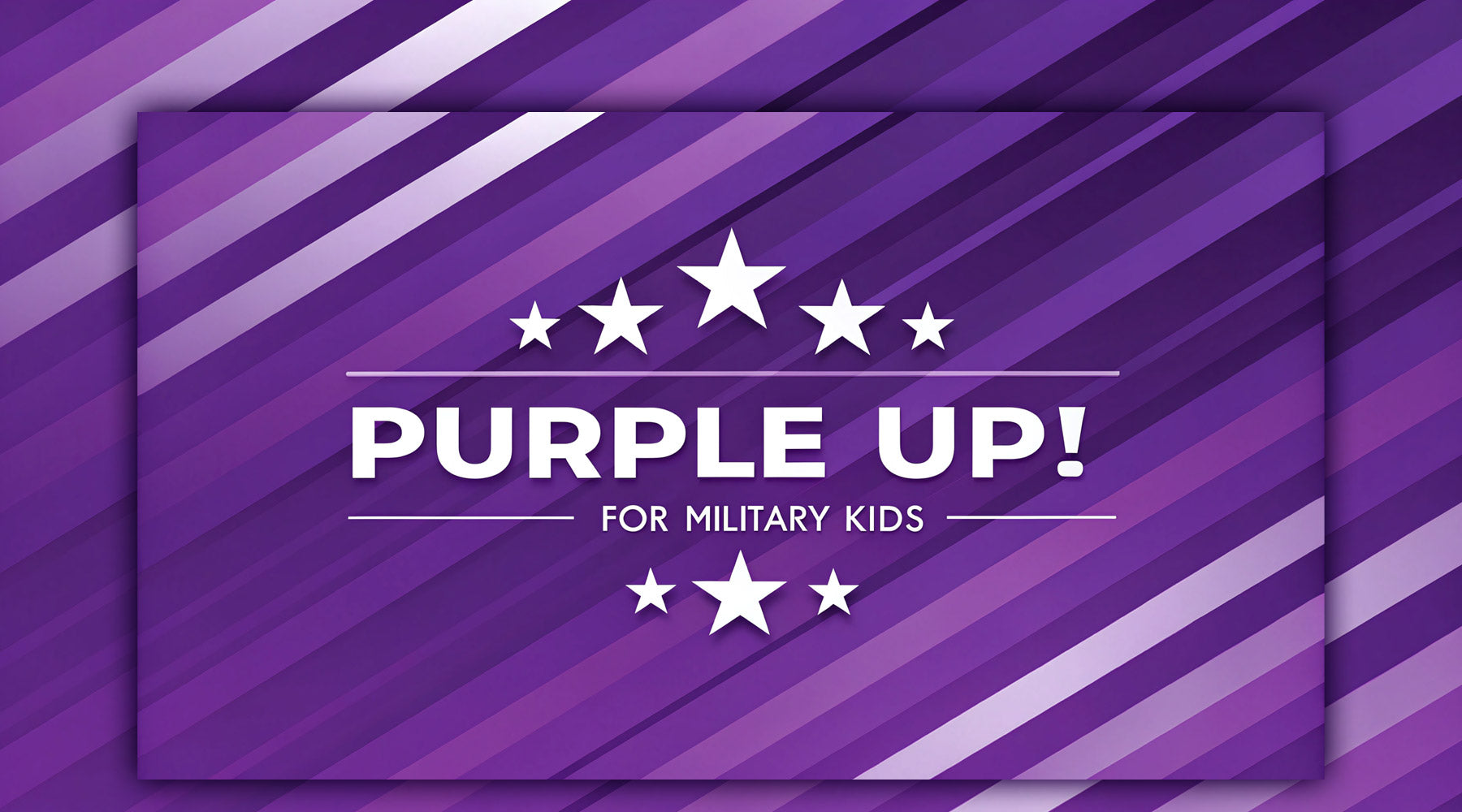
Month of the Military Child: Celebrating the Strongest Kids in America
Every April, we take a moment to honor a unique and often overlooked group of young heroes—military children. These kids don’t wear uniforms, but they serve in their own way, standing resilient in the face of constant change, uncertainty, and sacrifice. Their strength, adaptability, and courage deserve more than just a passing acknowledgment—they deserve recognition, appreciation, and unwavering support.
The Month of the Military Child, established in 1986 by the Department of Defense, is a time to shine a light on the challenges and triumphs of these extraordinary kids. It’s a chance to recognize their sacrifices and resilience while rallying communities to show their support. Unlike their civilian counterparts, military children grow up in a world that demands flexibility, emotional fortitude, and an uncanny ability to say goodbye and start over—again and again.
Born into Service
For military children, service is not a choice—it’s a birthright. They enter a world where duty and sacrifice are embedded in daily life, often before they even understand what those words mean.
Growing up in a military family means embracing a lifestyle defined by movement and uncertainty. Frequent relocations mean military children might attend half a dozen schools before they graduate, constantly forced to make new friends and adjust to unfamiliar surroundings. They often navigate long separations from a parent, sometimes both, as they serve overseas or in demanding roles that keep them away for months—or even years—at a time.
But through these hardships, military children develop a remarkable sense of resilience. They learn to embrace new beginnings, build friendships quickly, and find strength in the tight-knit military community. They become adept at adjusting to different cultures, school systems, and traditions, shaping them into some of the most adaptable and resourceful individuals.
Strength Beyond Their Years
Military children grow up fast—sometimes faster than they should. By necessity, they develop a level of emotional intelligence and independence that many adults struggle to attain.
Adaptability is their superpower. They become pros at walking into a new school, scanning a lunchroom full of unfamiliar faces, and finding their place. They understand the importance of making the most of every moment because goodbyes are always looming on the horizon. And when it comes to friendships, military kids form deep bonds quickly, knowing they may only have months before duty calls their family elsewhere.
Their resilience isn’t just about coping with change—it’s about thriving in it. They become leaders, problem-solvers, and compassionate individuals who understand what it means to be the new kid, the outsider, the one starting over. These experiences mold them into future leaders, capable of navigating any challenge life throws their way.
The hardships of military life extend far beyond frequent moves. The emotional weight of separation is something military children carry daily.
Birthdays, holidays, graduations—so many milestones pass without a deployed parent present. Video calls and care packages become a substitute for bedtime stories and goodnight kisses. The anticipation of reunions is bittersweet; while joyful, there’s always the knowledge that another goodbye is just around the corner.
Beyond their personal struggles, military children also take on responsibilities beyond their years. Many step up to support their families, helping younger siblings cope with absences, managing household duties, and providing emotional support to a parent who is holding things together alone. Their sacrifices are often invisible, but they are no less significant.
How Schools and Communities Support Military Children
Thankfully, military children are not alone in their journey. Schools and communities play a vital role in creating stability and support systems to help them thrive.
One of the most recognizable initiatives is Purple Up! Day, observed on April 15th. Wearing purple is a simple yet powerful way to show solidarity and appreciation for military children. But support shouldn’t stop at symbolism—action is just as important.
Numerous organizations, including the Military Child Education Coalition (MCEC) and Operation Homefront, provide resources to help military families navigate transitions and challenges. Schools with large military populations often have dedicated programs, such as student ambassador groups that help new kids adjust, counselors trained in military-specific concerns, and flexible policies for students dealing with deployments or frequent relocations.
Educators, counselors, and community members can make a tremendous difference simply by understanding the unique challenges military children face and offering patience, encouragement, and a welcoming environment.
Ways to Honor and Support Military Children This April (and Beyond!)
Showing appreciation for military children doesn’t have to be complicated. Small gestures can have a huge impact.
-
Wear Purple on April 15th – A simple yet visible sign of solidarity.
-
Send Messages of Support – Schools, businesses, and individuals can write letters or social media posts acknowledging their sacrifices.
-
Donate to Military Family Organizations – Groups like MCEC, Operation Homefront, and the Fisher House Foundation provide direct support to military families.
-
Host Events for Military Kids – Schools and community centers can organize appreciation days, fun activities, or recognition ceremonies.
-
Encourage Awareness and Conversations – Share stories, highlight military families in local news, and educate others about the experiences of military children.
Businesses, schools, and communities all have a role to play in making sure these kids feel seen, valued, and supported.
Military children may not take an oath or wear a uniform, but their service to this country is undeniable. They stand resilient in the face of constant upheaval, making sacrifices most people will never fully understand.
The experiences they carry shape them into strong, adaptable, and compassionate individuals. Their challenges forge them into future leaders—people who understand sacrifice, perseverance, and the true meaning of resilience.
As we recognize the Month of the Military Child, let’s not just acknowledge these young heroes—let’s celebrate them, uplift them, and commit to supporting them not just in April, but every single day.






Leave a comment